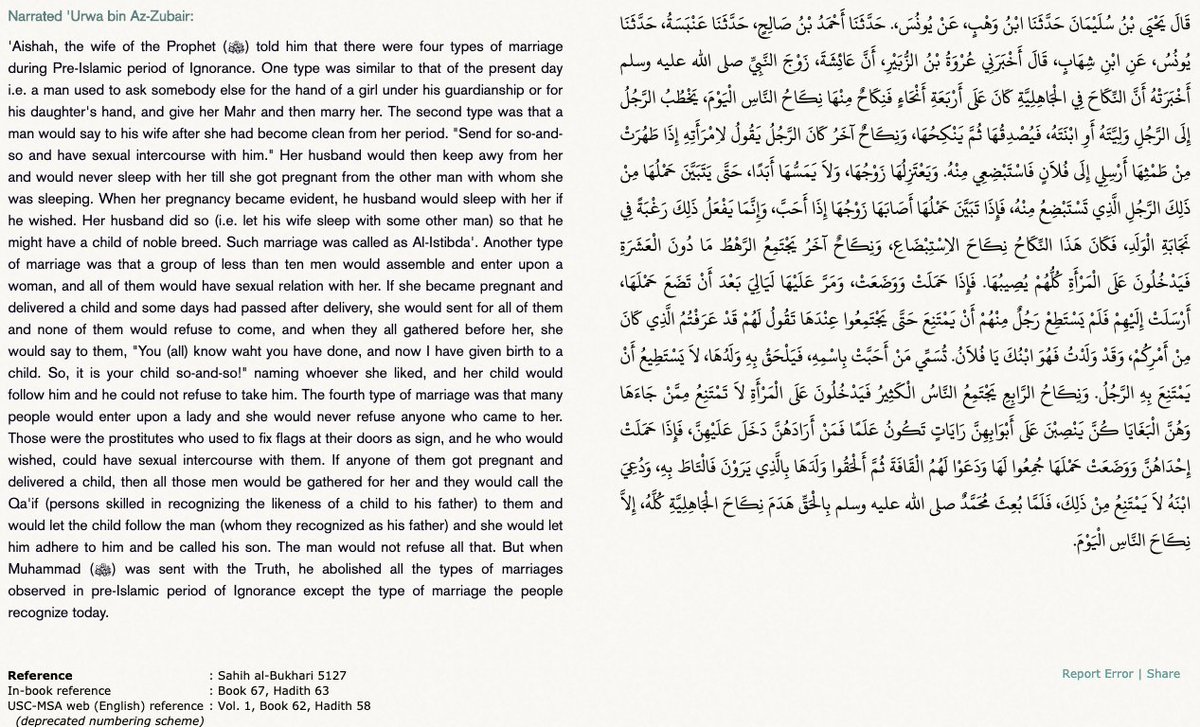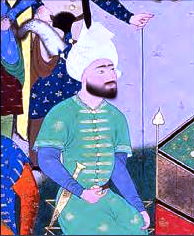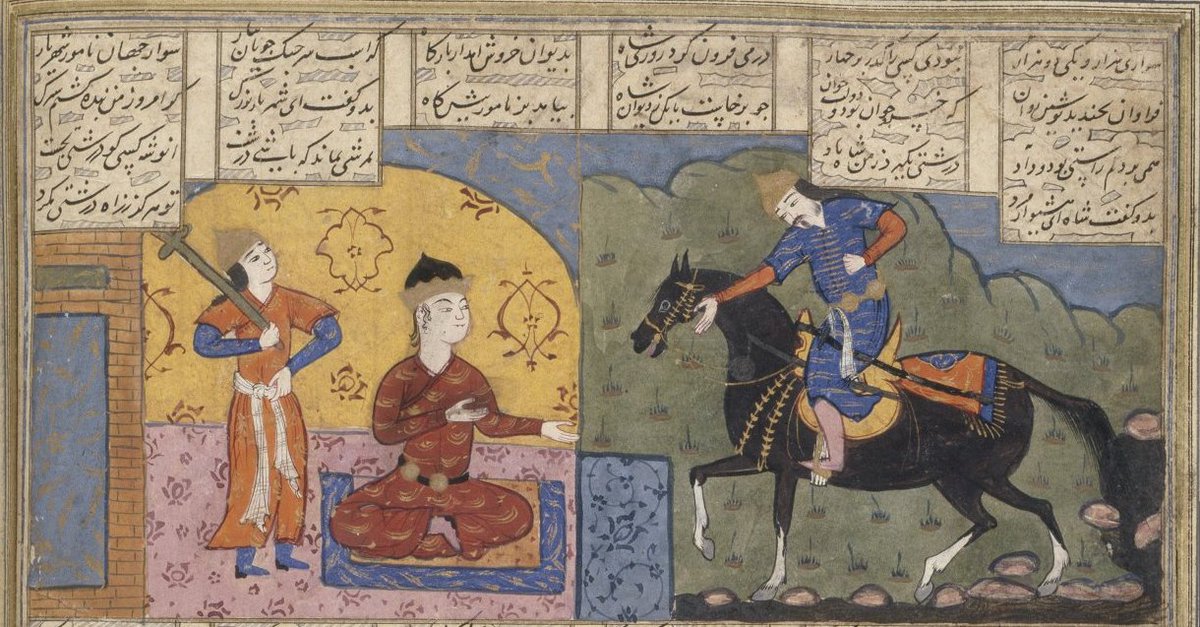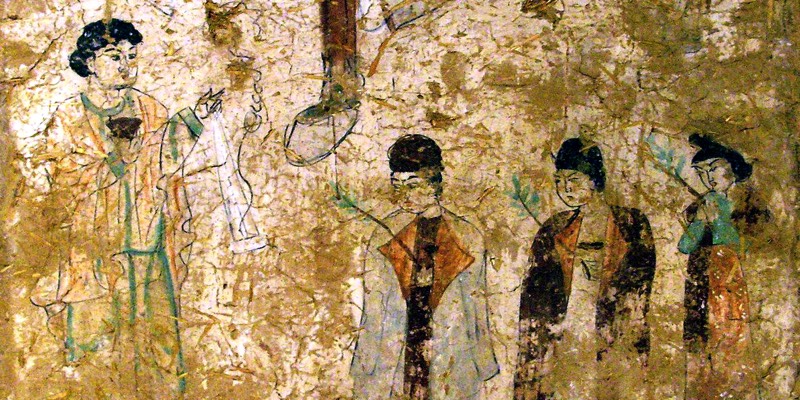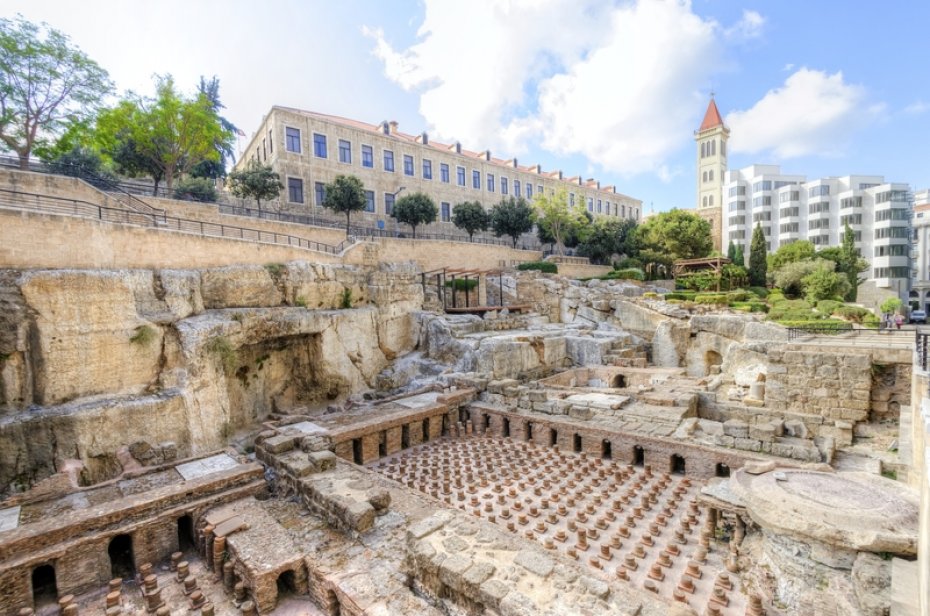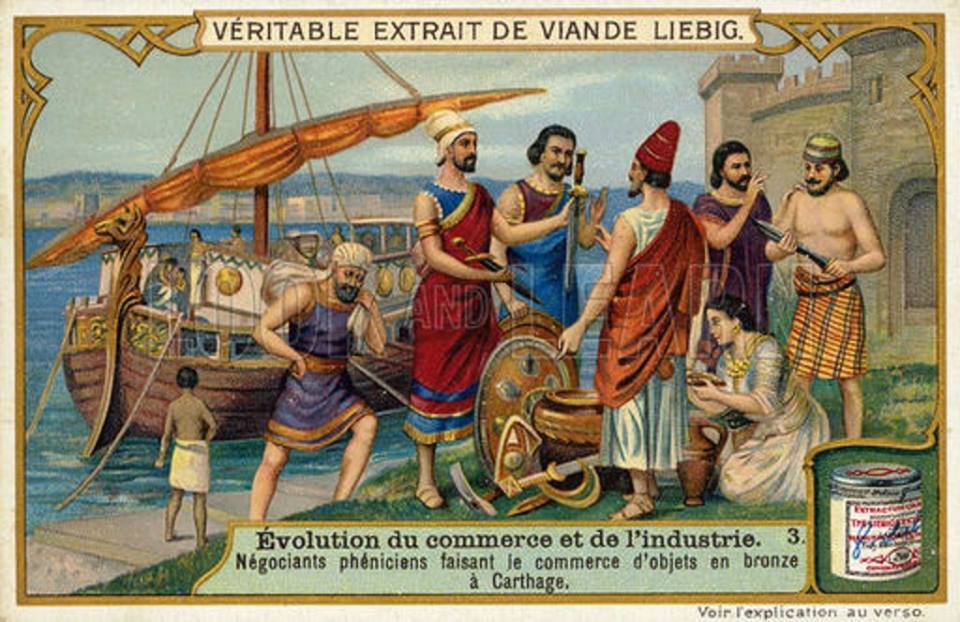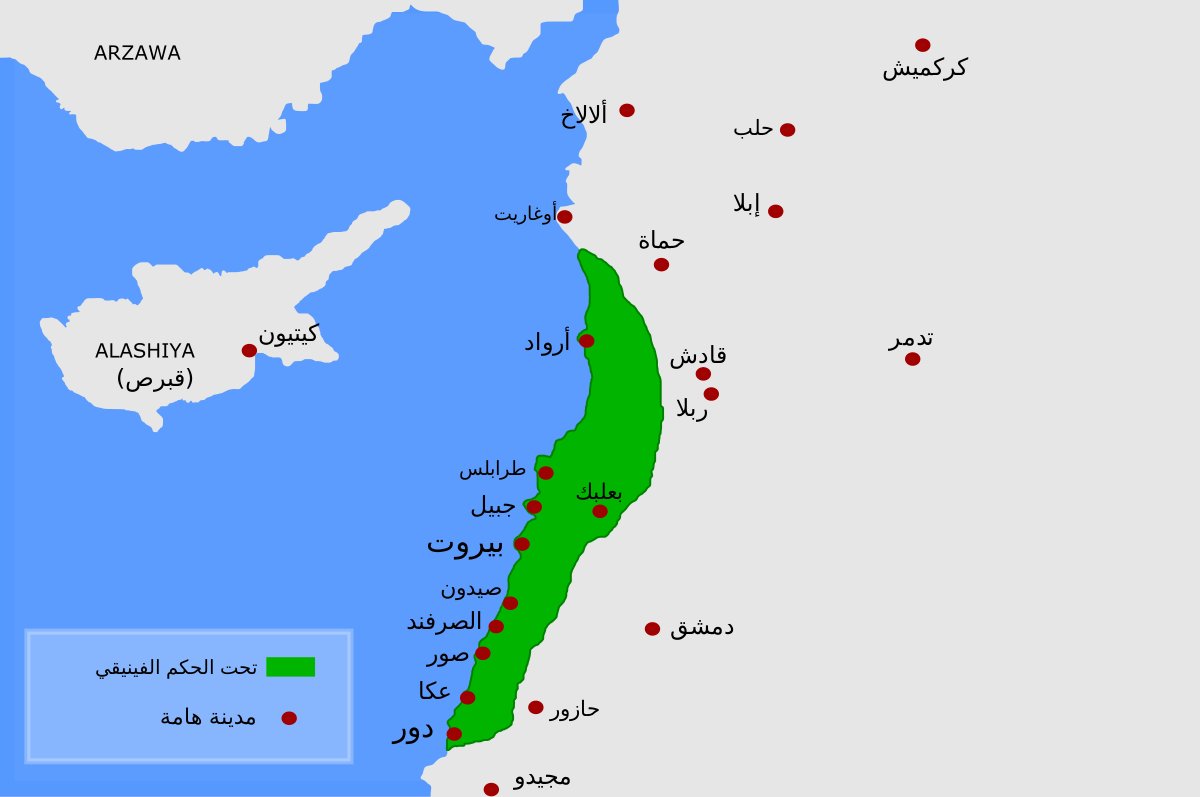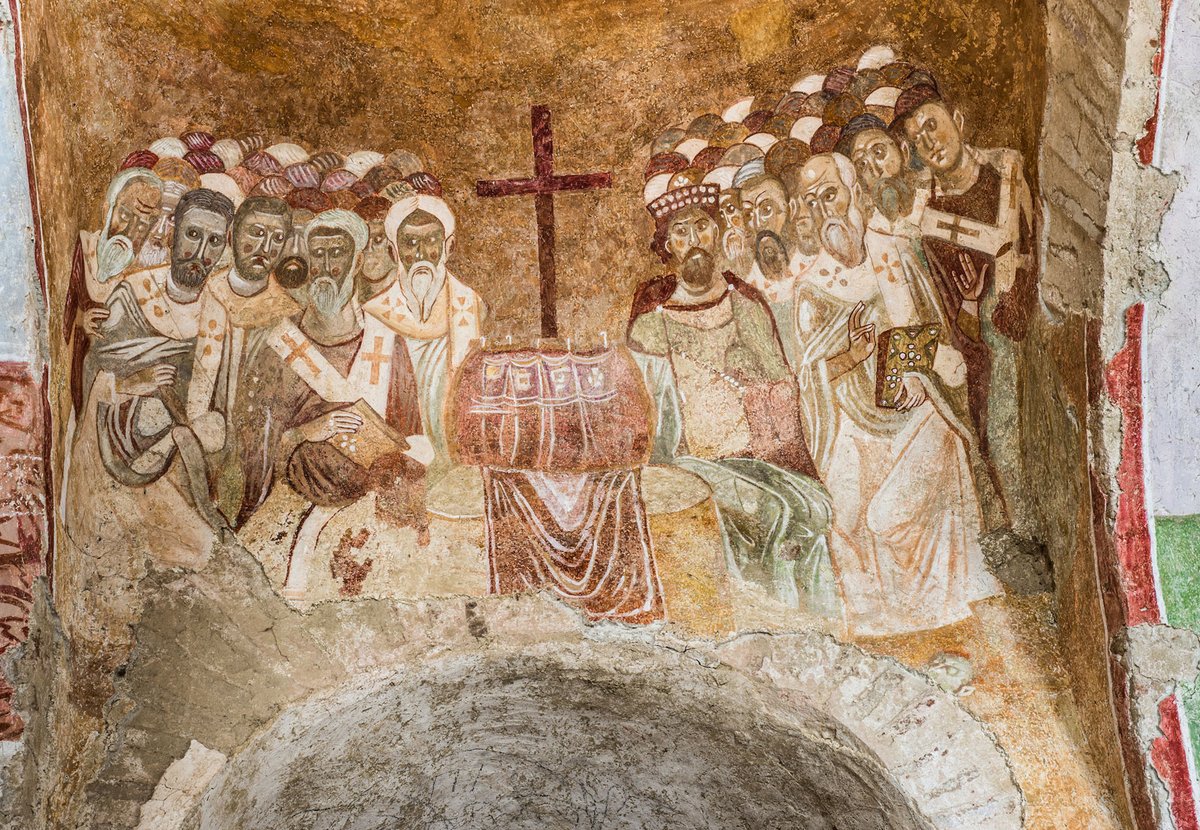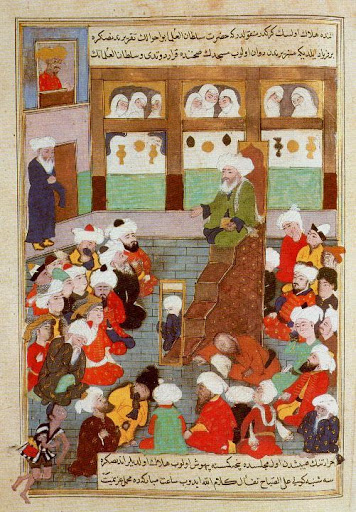
Want to get MARRIED? Wondering why modern MARRIAGE is so complicated? Behold!
There were over 20 MARRIAGE TYPES and conjugal unions in late antique Arabia.
Check it out!
(forgive preliminary mistakes)
There were over 20 MARRIAGE TYPES and conjugal unions in late antique Arabia.
Check it out!
(forgive preliminary mistakes)

To summarize:
(1) Polygamous Marriage (nikah al-nas, al-sadaq or al-bu‘ulah)
(2) Breeding Marriage (nikah al-istibda‘; al-istifhal; al-musharakah)
(3) Polyandrous Group Marriage (nikah al-raht; al-sifah)
(4) Polyandrous Temporary Marriage (nikah al-baghaya; al-rayat or mut‘ah)
(1) Polygamous Marriage (nikah al-nas, al-sadaq or al-bu‘ulah)
(2) Breeding Marriage (nikah al-istibda‘; al-istifhal; al-musharakah)
(3) Polyandrous Group Marriage (nikah al-raht; al-sifah)
(4) Polyandrous Temporary Marriage (nikah al-baghaya; al-rayat or mut‘ah)

Added to these are yet more pre-Islamic unions collected by Jamal Jum‘ah from the work of the risqué medieval storyteller al-Tifashi (651/1253)
(5) Polyandrous Marriage (nikah al-mudamadah)
(6) Open Marriage (nikah al-mukhadanah; discouraged in Q 4:25)
(5) Polyandrous Marriage (nikah al-mudamadah)
(6) Open Marriage (nikah al-mukhadanah; discouraged in Q 4:25)

(7) Trading Spouses (nikah al-badal; outlawed Q 33:52)
(8) Secret Marriage (nikah al-sirr)
(9) Trading Dependents (nikah al-shighar)
(10) Marriage by Proxy Slave Emancipation (nikah al-musahat)
(11) Marriage by Inheritance (nikah al-dayzan, al-mirath, al-maqt; outlawed Q 4:22)
(8) Secret Marriage (nikah al-sirr)
(9) Trading Dependents (nikah al-shighar)
(10) Marriage by Proxy Slave Emancipation (nikah al-musahat)
(11) Marriage by Inheritance (nikah al-dayzan, al-mirath, al-maqt; outlawed Q 4:22)

(12) Sibling Marriage (nikah al-maharim; outlawed Q 4:23)
(13) Fornication (zina; outlawed Q 17:32; 24:2-3; 25:68; 60:12)
(14) Prostitution (al-bigha’; discouraged n Q 24:33)
(13) Fornication (zina; outlawed Q 17:32; 24:2-3; 25:68; 60:12)
(14) Prostitution (al-bigha’; discouraged n Q 24:33)

(15) Homosexuality (liwat; condemned Q 27:55)
(16) Lesbianism (sihaq; possibly condemned Q 4:15-16)
(17) Beastiality (ityan al-baha’im)
(16) Lesbianism (sihaq; possibly condemned Q 4:15-16)
(17) Beastiality (ityan al-baha’im)

al-Isfahani (d. 356/967), Kitab al-aghani adds:
(18) Freewomen’s Marriage (zawaj al-sadiqah)
(19) Slave Marriage (zawaj bil-asr; cf. milk al-yamin)
(20) Marriage by Purchase (zawaj al-shira’)
(21) Matrilineal Marriage (zawaj al-ightirab)
(18) Freewomen’s Marriage (zawaj al-sadiqah)
(19) Slave Marriage (zawaj bil-asr; cf. milk al-yamin)
(20) Marriage by Purchase (zawaj al-shira’)
(21) Matrilineal Marriage (zawaj al-ightirab)

And so the list above appears nearly exhaustive. Missing from it is child marriage (22?), which though imputed to none other than Muhammad himself, is more likely a ruling by certain medieval jurists seeking to legitimize clerical misbehavior. 

Traditional Jurists today condemn non-dower (sadaq) marriage, w/ Sunni & Shia dispute over temporary marriage. But clearly both women & men enjoyed greater autonomy, & engaged in a variety of pragmatic or libertine conjugal unions before Arabia's embrace of Abrahamic religions. 

What about taking MULTIPLE HUSBANDS, MUHAMMAD's marriages, types of DIVORCE & the MATRIARCHY debate?
Stay tuned for extensive discussion in upcoming book on female power and male prophecy in late antique Arabia!
(feedback welcome)
Stay tuned for extensive discussion in upcoming book on female power and male prophecy in late antique Arabia!
(feedback welcome)

• • •
Missing some Tweet in this thread? You can try to
force a refresh
